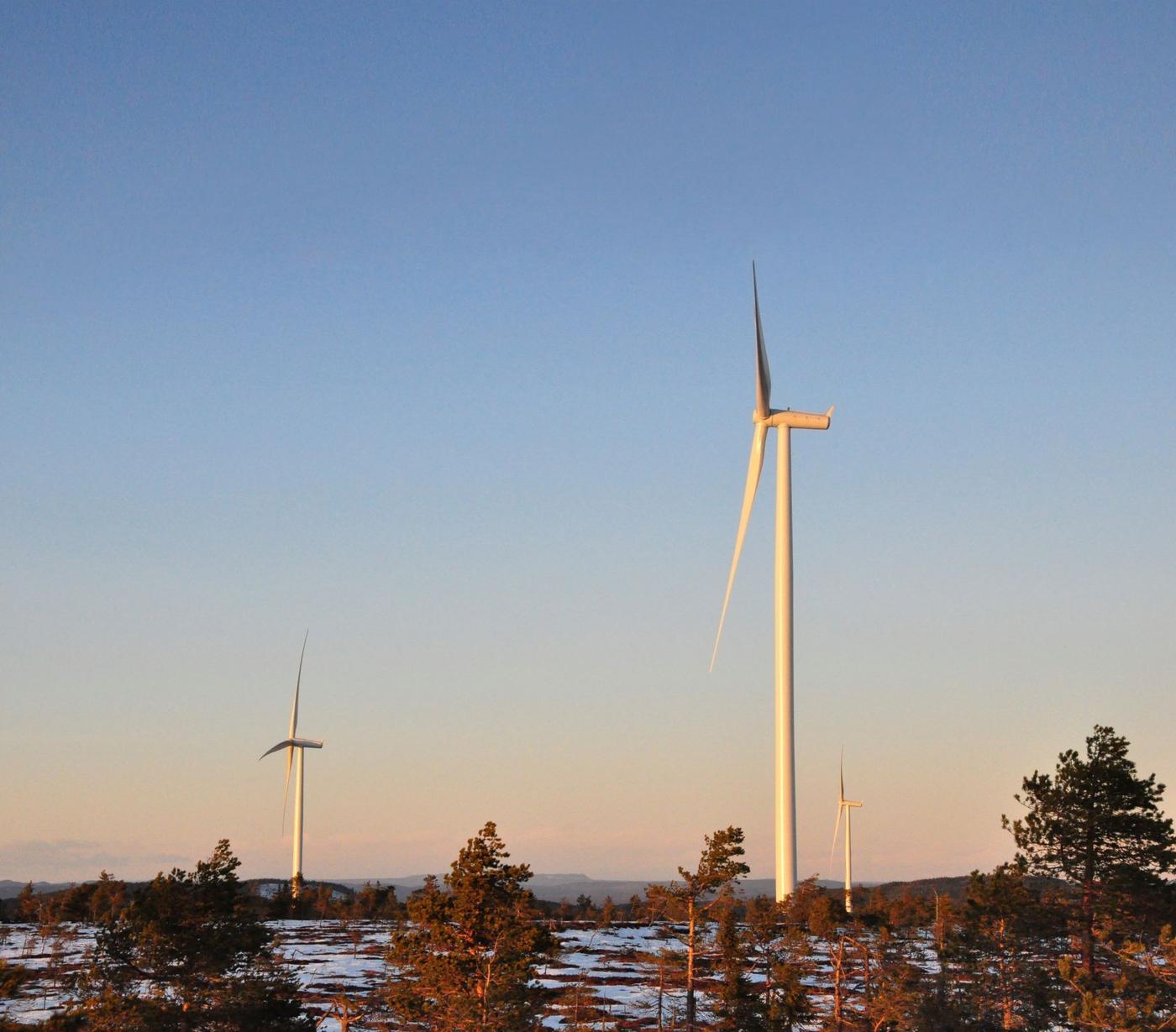
Published 30 January 2025 • Inter IKEA newsroom
IKEA accelerates the shift to renewable electricity in production
The share of renewable electricity in production of IKEA products went from 71% to 75% in FY24. To continue this journey, IKEA is launching a third wave of its renewable electricity programme to support suppliers in accessing more renewable energy sources.
Production accounts for around 7% of the IKEA climate footprint, with electricity consumption comprising approximately 36% out of this. Transitioning to renewable electricity in production is crucial for achieving net zero emissions across the IKEA value chain.
To accelerate the shift further, IKEA is expanding its renewable electricity programme to 14 additional markets*. The programme was initially launched in FY21 to assist suppliers in purchasing renewable electricity from the grid, particularly in markets with limited access. With this expansion, the programme now covers 27 markets and more than 91% of CO2 emissions from electricity used in production.
“We have received great response from our partners since the launch of the programme and are excited to expand it further. The share of renewable electricity used by our suppliers in Vietnam increased by 40 percentage points between FY23 and 24, reaching 84%,” says Susanne Waidzunas, Global Supply Manager at Inter IKEA Group. “By assisting our suppliers in 14 additional markets to access renewable electricity, we are taking an important next step towards ensuring that IKEA products are produced with less impact on the planet”.
In practice, the programme means that IKEA secures pre-negotiated prices from vendors providing renewable electricity, such as bundled frame agreements or power purchase agreements in which suppliers can participate if they find it commercially attractive.
“We are striving towards 100% renewable energy across the IKEA value chain. Electricity generation from fossil fuels is one of the largest sources of greenhouse gas (GHG) emissions globally. By collaborating with suppliers, we can make the shift towards using more renewable electricity easy, accessible, and affordable. This collaborative effort not only helps reduce our environmental impact but also empowers our suppliers to decarbonise their operations," says Sriram Rajagopal, Head of Climate and Air Quality at Inter IKEA Group.
China and India were two of the markets included in the initial launch. Between FY20 and FY24, CO2 emissions from electricity usage at Chinese suppliers decreased by 87% and 49% at Indian suppliers. The current share of renewable electricity in production is 92% in China and 69% in India.
IKEA is committed to reaching the goal of only using renewable electricity in production by FY30. More information on how IKEA is working with sustainability can be found in the IKEA Sustainability Strategy and IKEA Sustainability Report FY24 and IKEA Climate Report FY24.
*The markets included in the third wave are Bangladesh, Brazil, Bulgaria, Egypt, Hungary, Indonesia, Japan, Mexico, Netherlands, Pakistan, Slovenia, Spain, Thailand and the United States.